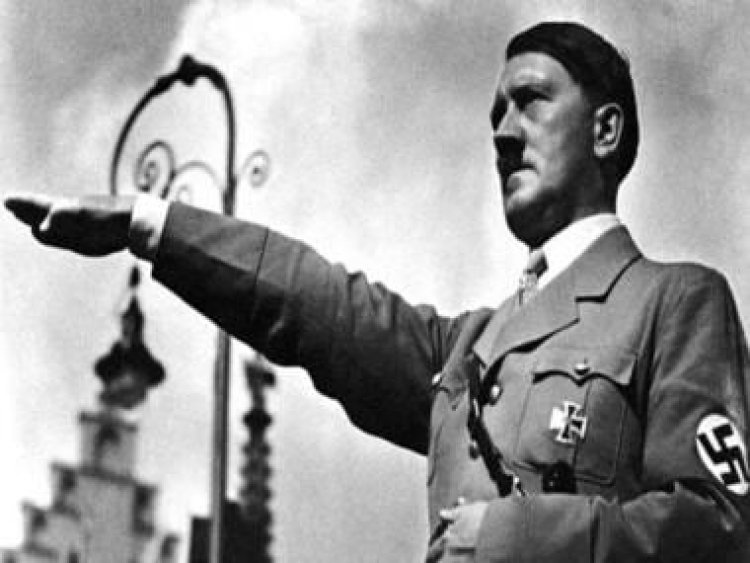11 December: How did this day find its place in history books?
11 December: How did this day find its place in history books?

The day, 11 December etched its name on the history book for some right reasons. From the perspective of global politics, it brought in a dark era in 1941 when Nazi leader Adolf Hitler led Germany to war against the USA. Five years later, the United Nations founded UNICEF to oversee the condition of the children across the area affected by the aftermath of World War II. The date also serves as a golden day in NASA’s history. On this day in 1972, Eugene Cernan and Harrison Schmitt reached the Moon by Apollo 17 and became the last humans to walk on the surface. In 2002, India lost a legendary musical figure as sitar player Ravi Shankar took his last breath at the age of 92.
11 December- Historic Events:
Adolf Hitler declared war against the USA, 1941:
Early December 1941 marked a turning point when two wars unfolding in the Far East and Europe were united into one massive worldwide conflict. The Japanese destroyed Pearl Harbor on 7 December. Four days later, on 11 December, Adolf Hitler led Germany into war with the United States of America. The choice made by the Nazi leader to launch a war on a nation with enormous economic and military might was one of the Second World War’s most confusing acts as they did not have the resources or strategy to do so.
The United Nations founded UNICEF, 1946:
UNICEF, an acronym for United Nations Children’s Fund, has a special program committed to supporting national initiatives to enhance children’s health, nutrition, education, and well-being. It was established on 11 December 1946, to help children in the post-World War II nations that had been seriously affected. After 1950, the fund focused its efforts on general initiatives to improve the well-being of children, especially in undeveloped countries and in different crisis situations. The Nobel Prize for Peace was given to UNICEF in 1965 and New York City serves as its headquarters.
Eugene Cernan and Harrison Schmitt became the last humans to walk on the Moon, 1972:
A potent Saturn V rocket carrying three astronauts, including Eugene Cernan, the commander of Apollo 17, was launched on 7 December 1972. The astronauts from Apollo 17- Cernan and Harrison Schmitt- were the last humans to step foot on the Moon because it was the project’s final trip. On 11 December, they successfully touched down the Challenger lunar module on the moon’s surface. Cernan and Schmitt exited the lunar module shortly after their arrival and travelled as much as 19 miles (30.5 km).
Legendary sitar player Ravi Shankar died, 2002:
On 11 December 2002, India’s legendary sitar player Ravi Shankar who popularised Indian music to the West died at the age of 92 in San Diego, close to his home. His spectacular performances at Woodstock in 1969 and Monterey in 1967 helped solidify Shankar’s status as an ambassador of Eastern knowledge to a generation searching for new ideals in Western music history.
In order to raise money for the large influx of refugees streaming into India during Bangladesh’s deadly war of independence from Pakistan in 1971, Shankar organised The Concert for Bangladesh, which UNICEF described as the first major pop fundraising event. Despite the fact that his classical career outlasted his counterculture popularity, he continued to mix East and West and produced concertos that allowed his sitar to be blended with orchestras.
Read all the Latest News, Trending News, Cricket News, Bollywood News,
India News and Entertainment News here. Follow us on Facebook, Twitter and Instagram.
What's Your Reaction?



























































